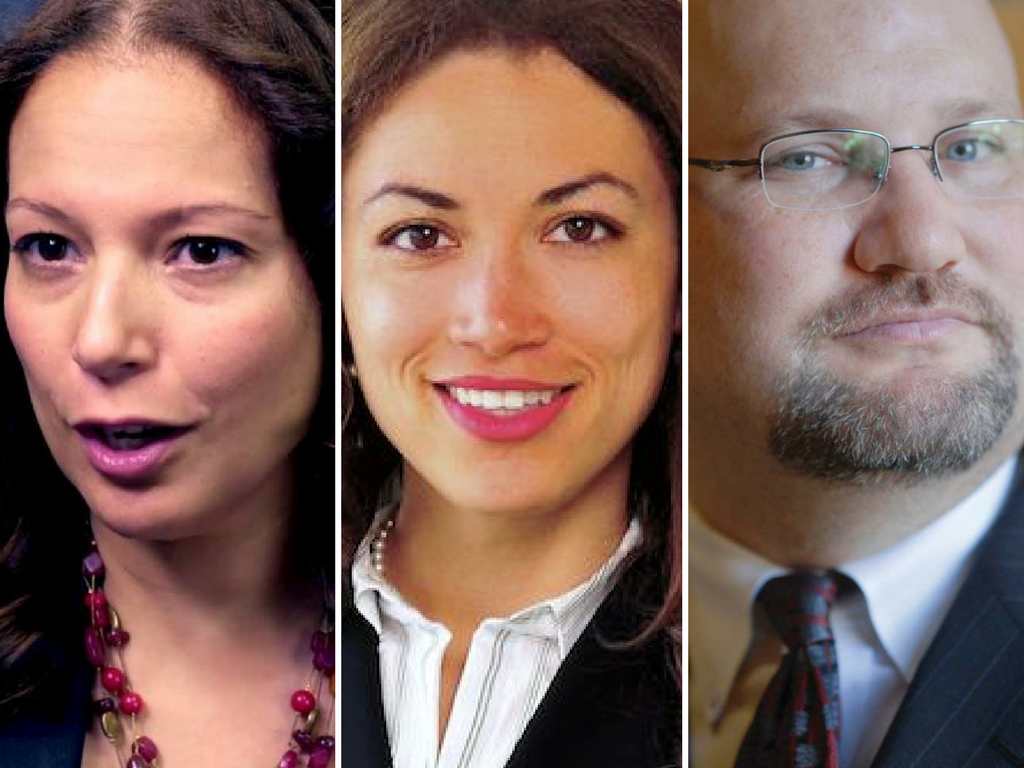
WHEN THE STATE education board convenes next Monday to vote on a new Massachusetts education commissioner, its members won’t just be sizing up the three finalists for the job. They will be making a statement about the direction of state education policy going forward.
The decision will come at a time when Washington is stepping back from the heavily prescriptive federal schooling policies of the past decade and as the education world deals with a national backlash against charter schools and high-stakes tests, blowback that registered loudly in Massachusetts with the lopsided defeat of a 2016 ballot question to expand charters.
We are at “a moment of pause,” said Paul Reville, who served as education secretary under governor Deval Patrick. “There’s been a lot of pushback on existing reform strategies and a lot of conflict on what the next direction should be.”
Reville said it has also not been entirely clear what the Baker administration’s broader vision is for education – beyond the strong support shown for charter schools by the governor, Education Secretary Jim Peyser, and state education board chairman Paul Sagan. “I think they’ve struggled some with that because they had all their eggs in the charter school basket and that didn’t work out as they’d hoped,” Reville said.
Sagan said the overriding issue facing the state’s schools – and the biggest challenge for the next commissioner – will be addressing the persistent and large gap in achievement between white students and those from wealthier backgrounds and black and Latino students and those from low-income households.
“Many people have been very serious about wanting to close the achievement gap – and it hasn’t happened,” said Sagan. “We have three people who are very committed to equity and closing the achievement gaps that persist despite a lot of great effort here,” he said of the finalists for the state commissioner job.
But how each candidate envisions tackling those gaps will be telling. The three finalists will be interviewed publicly by the state education board this Friday at the Omni Parker House in Boston.
The field includes one in-state candidate, Jeff Riley, who serves as the state-appointed receiver of the Lawrence school system, and two deputy education commissioners from other states, Penny Schwinn from Texas and Angelica Infante-Green from New York.
As the lone in-state candidate, Riley is seen by some as the front-runner. His work on the Lawrence turnaround effort has been praised by Baker. Riley is also a familiar face at meetings of the state board, where he has appeared regularly to provide updates on progress in the Lawrence schools.
Riley has overseen gains in the Lawrence schools by pressing for big change without exercising an overly harsh hand. He has attempted to be “disruptive in the least disruptive way possible,” said Andy Smarick, an education policy fellow at the American Enterprise Institute.
Riley says he’s tried to push authority – and accountability – down to the school level and empower teachers to work with principals in deciding on the best curriculum and class scheduling for their schools. He’s been committed to raising achievement scores and graduation rates in the district, which had been among the lowest in the state, but has also emphasized that quality education has to include more than just a focus on core academic outcomes.